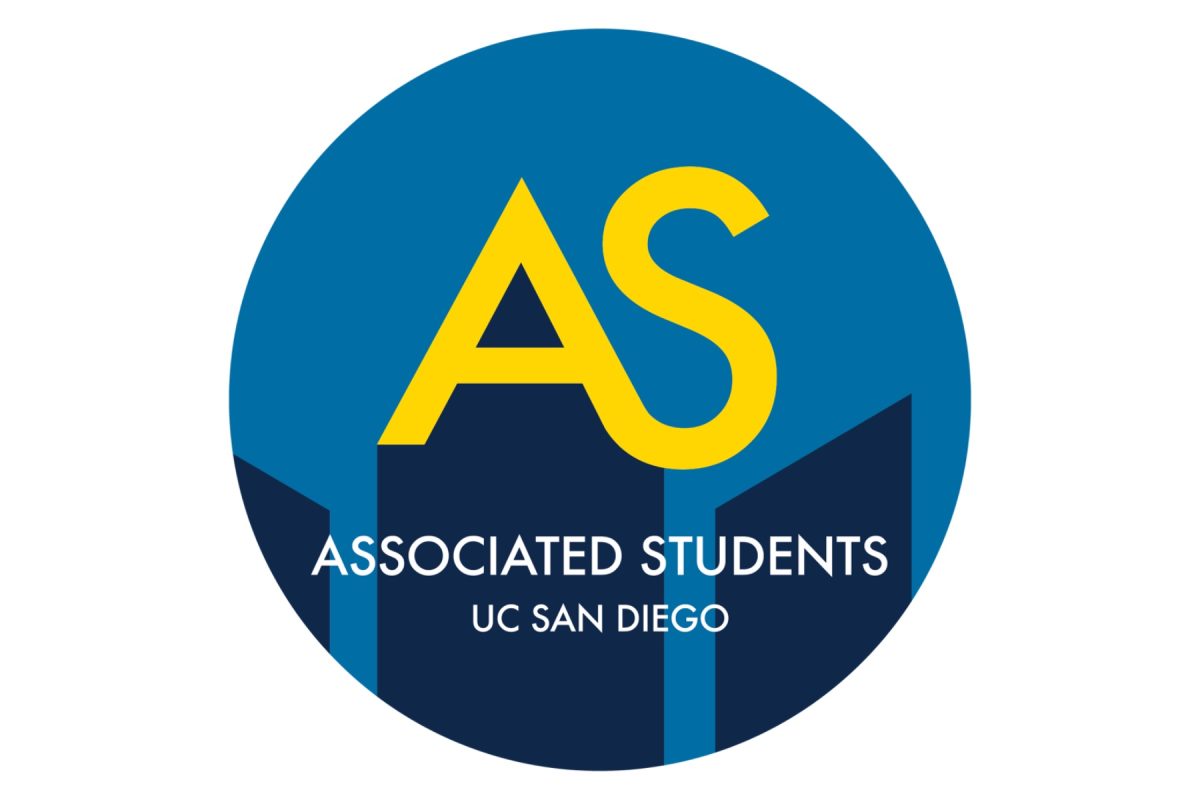The University of California Board of Regents will discuss plans for increasing revenue gathered from tuition, student services fees, and nonresident supplemental tuition for UC students at their next meeting Jan. 22, 2020. In response, the UC Student Association created and spread a petition amongst the UC student body speaking against these plans. As of the afternoon of Jan. 17, 2020, the petition had gained over 800 signatures.
Two potential models for the increase in tuition and fees are currently under consideration for academic years 2020-2021 through 2024-2025. The first model would be a standard, yearly adjusted for inflation tuition increase for both incoming and returning UC students.
The second model would consist of a new, cohort-based model for undergraduate students. Under this second model, tuition and fees would be determined for each incoming class of students, and then remain that set price for a suggested six years.
The proposal outlining these models states that the revenue raised from increases in tuition and fees will in turn assist UC students in the form of financial aid. It cites that one-third of university funds generated via tuition and fees is dedicated toward needs-based financial aid, including recipients of the Cal Grant.
The UC San Diego Guardian contacted the UC Office of the President for comment on the proposed models and overall increase in tuition and fees.
“The University believes any tuition increase must be justified and rightly accompanied by more financial aid to ensure UC education remains within reach for every California family,” the university’s statement to the Guardian read. “Therefore, the University sets aside 33% of new revenue from undergraduate tuition increases for need-based financial aid.”
The statement explained that the remaining two thirds of funds are allocated towards the university’s operation costs.
This UC Regents meeting took place weeks after California governor, Gavin Newsom, announced his 2020-21 State Budget, which proposes allocating further funds to both the University of California and California State University. These funds include an ongoing general fund augmentation of $217.7 million toward the UC system, as well as an one-time general fund of $53.3 million.
The budget’s statement on the Office of the Governor’s website claims that “the budget establishes expectations that the [universities] increase undergraduate enrollment, increase student supports and encourage degree completion…”
The university’s statement referred to Governor Newsom’s budget plan as an “important first step” toward receiving the funds the UC system needs. The statement also claimed, however, that tuition and fee increases would not be necessary if the State Budget allocated them their full requested amount. According to a Nov 2019 article, from the Los Angeles Times, this initial request included a one-time fund request of $450 million for facilities upgrade and an extra $447 million in continuing state support.
“…if additional funding from the State becomes available between now and when the State budget is approved in July,” the university’s statement expressed, “the Regents can rescind any adjustment approved by the Board.”
Some in opposition towards the potential tuition and fees increase feel that the UC system is not explicit enough regarding their revenue allocation. In February 2019, the Guardian reported on state auditor Elaine Howle’s findings that the UC Office of the President had not sufficiently implemented transparency reforms on the university’s allocation of funds.
The UC Student Association declared its opposition to both potential models of tuition and fee increase. In a petition shared among the UC student body, they concede that while the university’s increasing tuition would ultimately allow for more money to enter the financial aid system, they have doubts as to whether that would actually increase the overall affordability and accessibility of education.
In response to the cohort-based tuition model, the UCSA recognizes that this plan would allow students to more easily predict their due amounts each year, but does not support this model either. Their petition cites concerns such as tuition incongruence between students and hindering nonresident students’ attendance. They also critique the plan’s reliance on the state of California providing consistent funding over the course of the next few years.
The Guardian contacted UCSA President, Varsha Sarveswar, to further comment on the organization’s stance.
“While it’s true that increasing tuition provides more institutional aid for many low-income students…these tuition proposals will still significantly, negatively impact many other students,” Sarveswar explained. “For example, nonresident students could be paying between $6,000 and $9,000 more per year by 2024-25 under these proposals, and they receive very little financial aid. Also impacted are many middle class Californians as well as students whose financial aid packages don’t reflect their family situation…”
UCSD Associated Students President Eleanor Grudin expressed similar sentiments on the potential tuition increase to the Guardian.
“I have many concerns regarding the proposed tuition plans from the UC Regents,” Grudin replied. “These increases place the most significant burdens on students from both in and out-of-state who do not qualify for financial aid. These proposed increases will become severe barriers to entry for middle-class families and non-residents.”
Both Grudin and Sarveswar also expressed that due to the UC Regents making their proposed models public on the evening of Jan. 15, UCSA does not feel that the general public nor students have been given sufficient time to respond.
In addition to circulating the petition against the proposed plans, UCSA members and fellow UC students will attend the Jan. 22 Board of Regents meeting, hosted at UC San Francisco to voice their concerns. More than 40 students are expected to attend.
Those interested in learning more about the UC Regents and reading the exact language of both tuition and fee increase models can visit the UC Regents website. To learn more about the UC Student Association and their petition, visit this link.
Photo courtesy of the Los Angeles Times.














